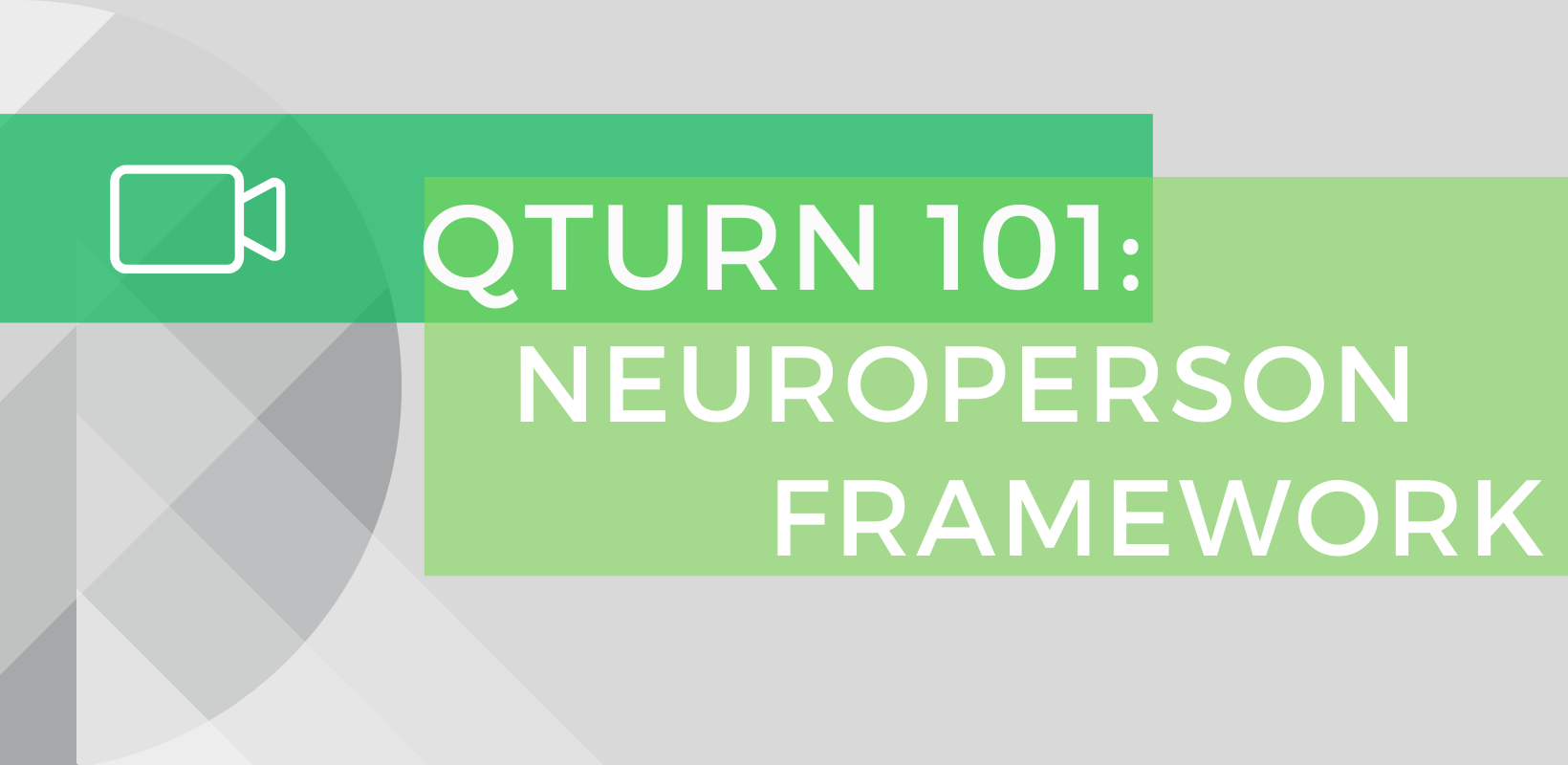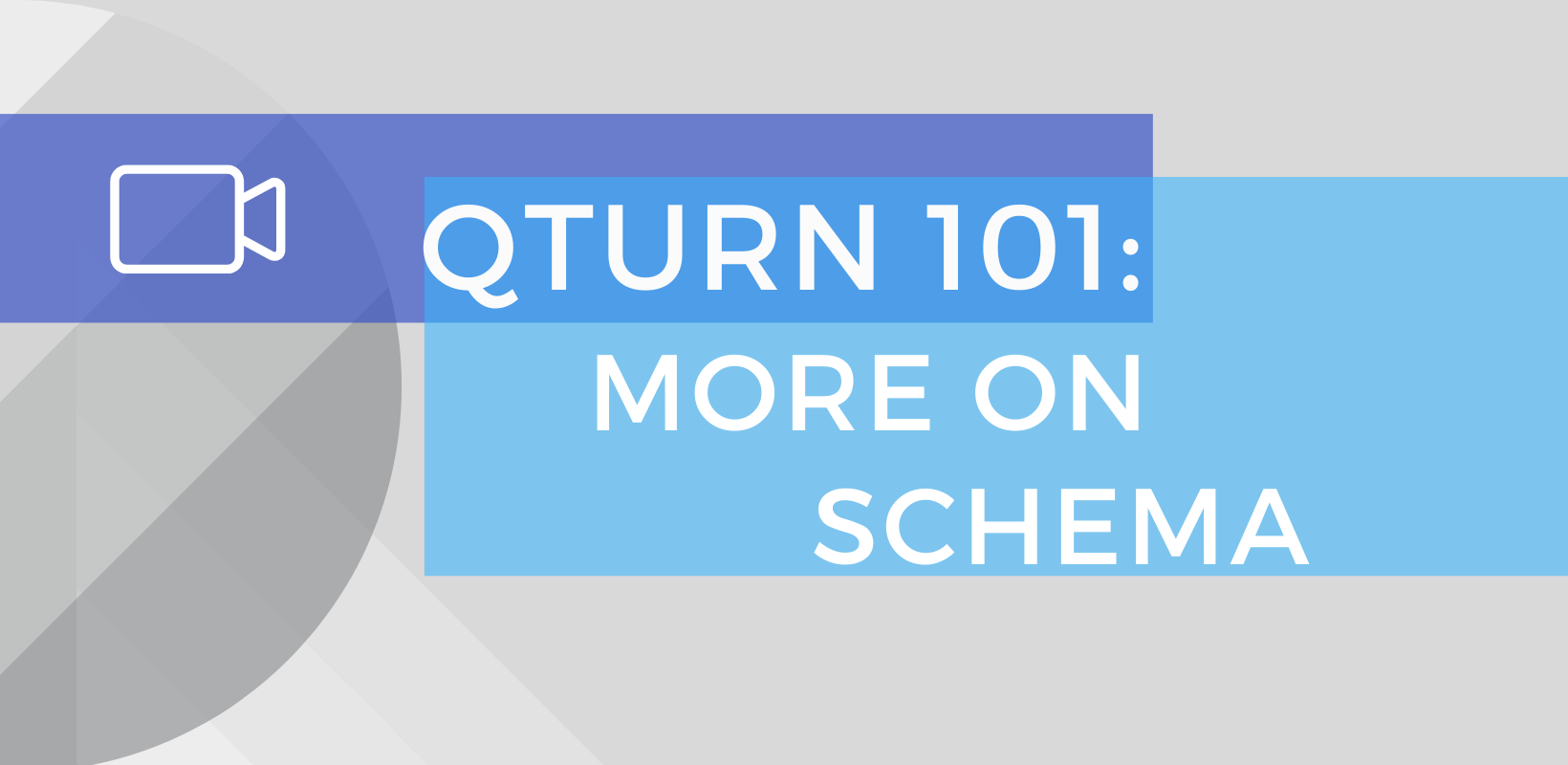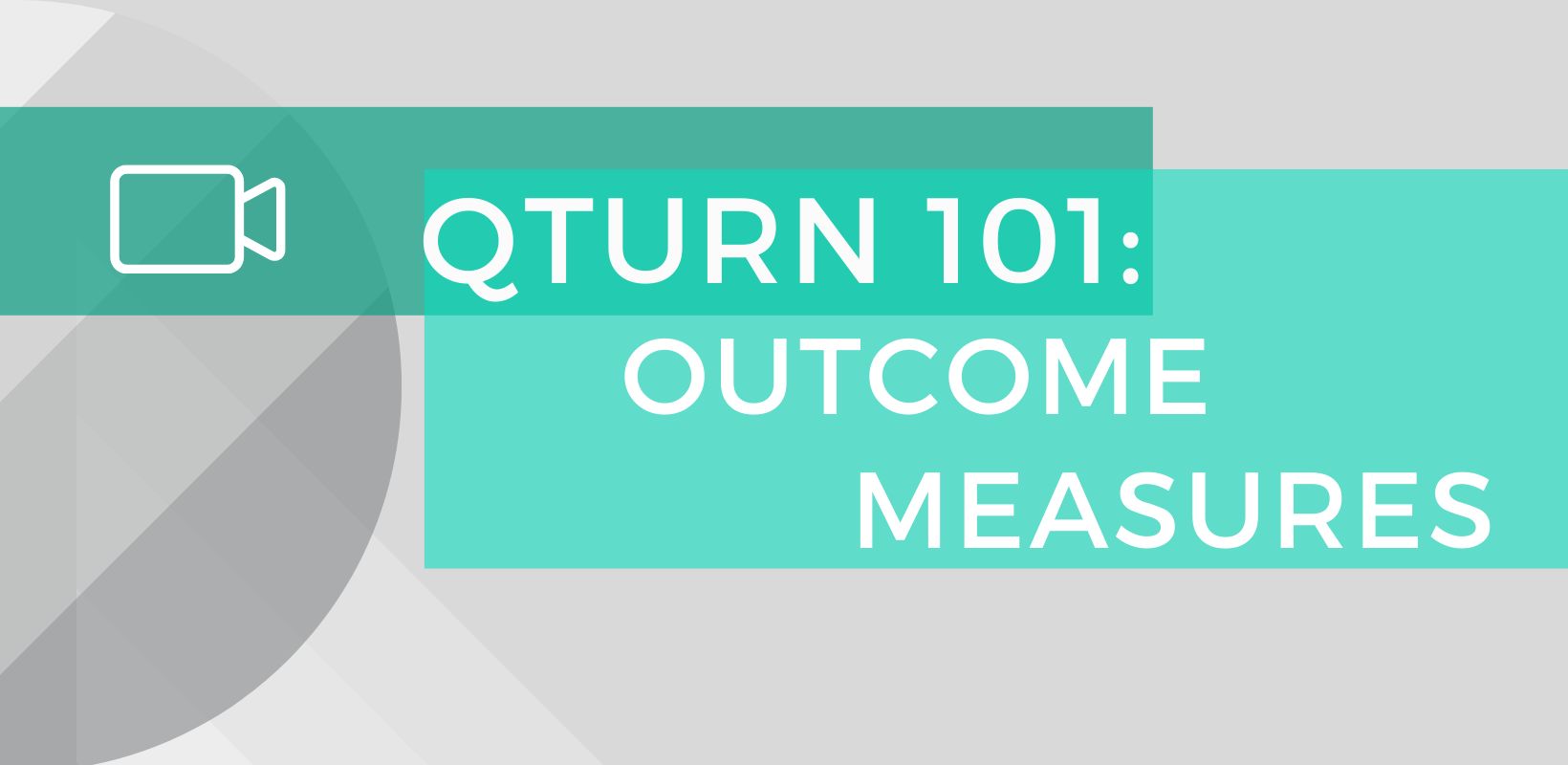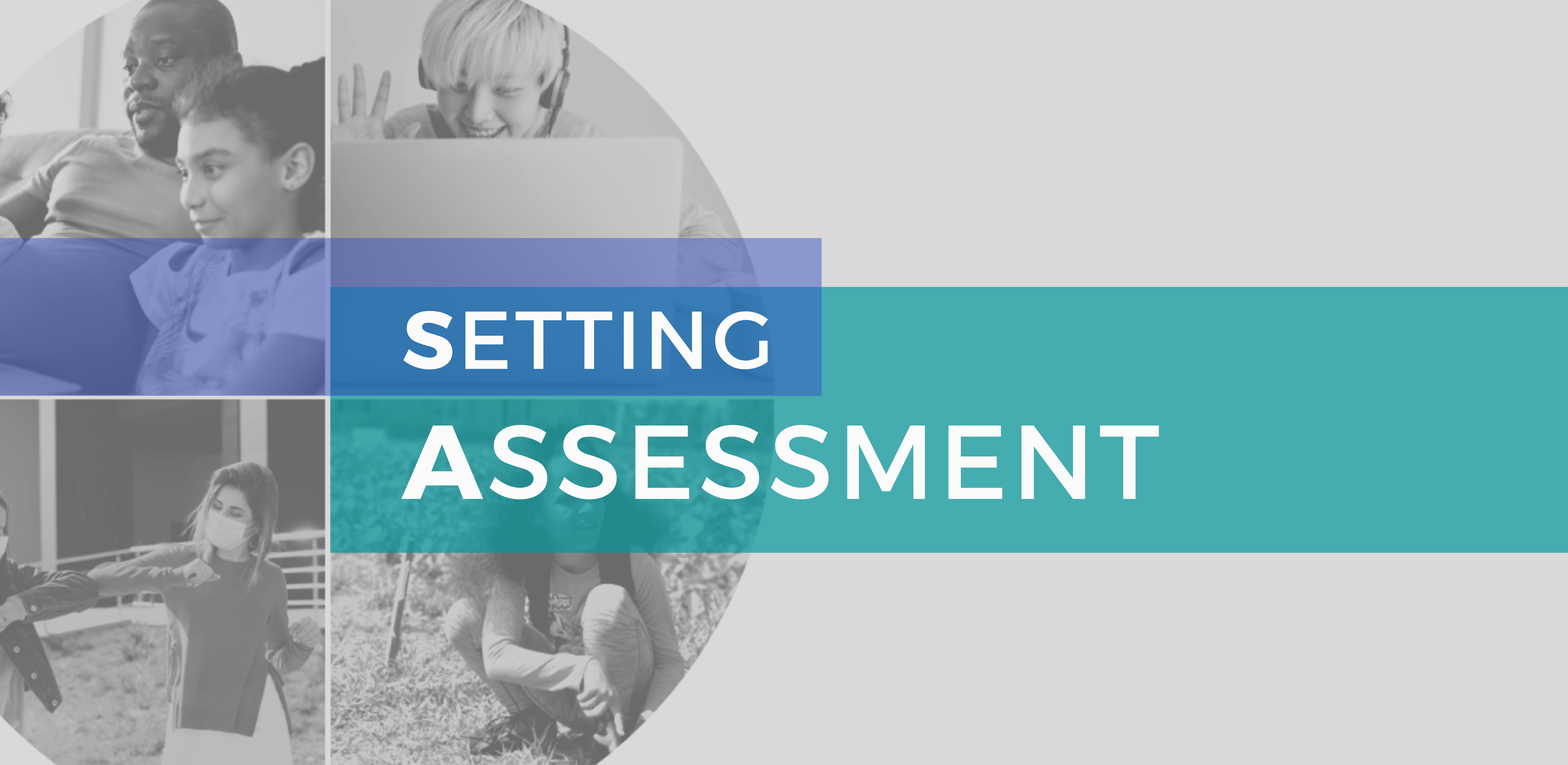Knowledge Center.

Fall 2022: Evolving the Standard for High Quality
Charles Smith, Ph.D. | March 28th, 2023
In the prior two blogs, we talked about how a group of master afterschool teachers at 25 afterschool sites in Genesee County have responded to the pandemic years. One important area of evolution was the new service models that put staff in the field visiting homes and meeting parents at drop off sites, producing a wide variety of online activity content, taking activities outside and, for the first time, implementing a whole new regime of personally protective equipment (PPE) and cohorting practices. This was a lot of new stuff!
BLOGS
Content Library

QTurn 101 – Neuroperson Framework
VIDEO 1: QTurn’s Neuroperson Framework helps to see children’s mental and behavioral skills more clearly, in support of attachment-aware trauma-informed (AATI) updates to best practice and quality. https://www.qturngroup.com/wp-content/uploads/2023/05/QTurn-Offer-v.21-PART-1-1.mp4 Part 2: QTurn

QTurn 101 – More on Schema
Video 2: Using the Neuroperson Framework to see through socio-emotional blind spots and demystify the reality of trauma for child development settings.

QTurn 101 – Outcome Measures
VIDEO 3: An introduction to QTurn’s new measures developed to promote more accurate, feasible and low cost evidence about impact and equity in child development settings. https://www.qturngroup.com/wp-content/uploads/2023/05/QTurn-Offer-v.21-PART-3.mp4 Part 1: QTurn 101: Neuroperson




